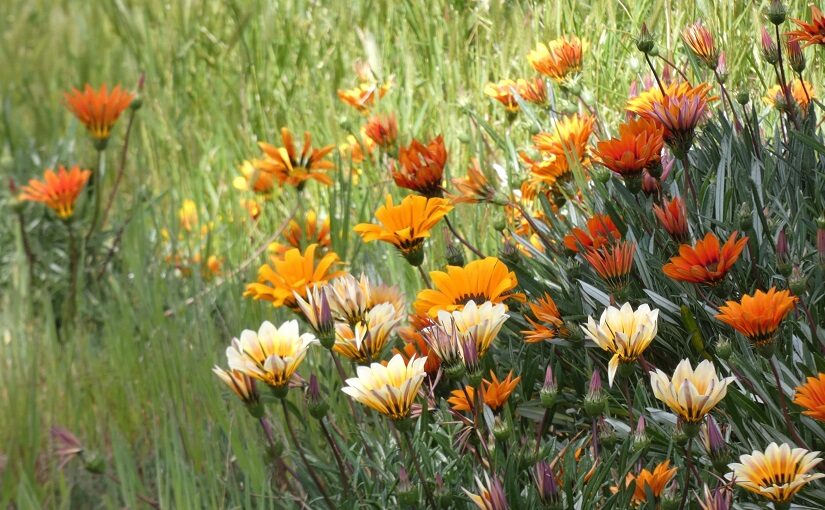When we think of “community”, what do we have in mind? Is it the affirmation of feeling we belong; the structure it gives to our lives; the logistical support it offers; the sense of meaning or purpose it imparts; or something more? As humans, it seems we “must” live in community – and, that it benefits us in countless ways we mightn’t truly imagine – but do we really understand all it “means” within our lives? (Notes One)
These days, it often feels we’re pulling apart traditional communities and reconfiguring them in virtual ways. As if the ties between us, once tangible, are shifting into this other place where they exist mainly in our minds, while, in reality, we’re more atomised than ever. Choosing our own affinities – those who confirm us – and disconnecting from those around us, aren’t we almost now living in versions of reality that suit “us”?
Does it matter if we disconnect from one another that way? Living alongside complete strangers – whose lives, nevertheless, are joined to ours and impact each other in various ways – while our hearts, minds and allegiances are elsewhere. As if we don’t really care what surrounds us; provided it’s “managed” in ways we don’t find troubling. What does it mean for society if we’re not concerning ourselves with its humanity?
It seems quite an abstract way to live: as if people aren’t “real” so much as obstacles, types or representatives within the greater reality of “our existence”. As if we’re each living in our own worlds; seeing things from our perspective; casting everyone else in light of how well they serve our interests or further our aims. Isn’t it a strange sort of community? Heavy on “the self” and light on “others”.
Living that way, aren’t we also trusting that “others” are taking care of things? That “the system” or those at its helm are ensuring all members of our communities are well-treated and living the best lives they might imagine for themselves. While, face to face, we treat people as if they’re nothing to us – not knowing who they are or understanding where they stand in our world. It seems an unusual way to live (Notes Two).
I mean, as humans, don’t we reflect everything in thought? Reading our environment and representing it with ideas as to its meaning, significance or worth (both relative to us and in the more absolute sense). As if we stand within reality and make sense of it: knowing what each aspect means, where it fits, and why it matters. Responding, then, with an informed sense of each thing’s importance. (Notes Three)
Does this abstract version of community risk making us less human, then? As if, not grasping the reality of our lives, we’re perhaps not treating everything with the respect it deserves (Notes Four). If, despite our capacity for thought, we’re not extending ourselves to understand and appreciate all that stands before us and how it relates to ourselves, what does that mean about how we’re living?
Notes and References:
Note 1: What does community mean?
Note 1: True relationship within society?
Note 1: Can “how we relate” really change?
Note 1: Shopping around for a society
Note 1: What inspires collective endeavours
Note 2: Might we lose our social muscles?
Note 2: Integrity and integration
Note 2: Community as an answer
Note 3: Reading into social realities?
Note 3: All we concern ourselves with & encourage
Note 3: What we create by our presence
Note 3: Losing the sense of meaning
Note 4: All we want to do passes through community
Note 4: Picking up after one another
Note 4: Common sense as a rare & essential quality
Note 4: Detaching from the world around us
Note 4: What if solutions aren’t solutions?

